Participating in a marathon race to challenge own fitness and endurance is a goal to many. If you have completed several 5k races or even 10k races, aiming for the half-marathon can be your next goal to achieve. Wondering how long is a half-marathon? It is a 21 kilometers race (13.1 miles), exactly half the distance of a full marathon race which is 42 kilometers (26.2 miles).
SETTING A HALF-MARATHON AS YOUR GOAL

Running is one of the most popular sports practiced around the globe. In 2017, nearly 60 million people participated in running, trail running and jogging events. Popular and well-known running events specifically all types of marathon like 10k, half-marathon, full marathon and ultra-marathon continue to grow every year. The “New York City Marathon” sets the best example by hosting over 50,000 participants annually.
Among the races, the half-marathon is a very popular race distance among runners especially the middle-aged. It is seen as a worthy challenge that is not as physically exhausting or time-consuming as training for the full marathon race. Many participants take the opportunity of participating in a half-marathon to travel and visit a new city. Some just support it for a good cause as half marathons may benefit some charitable organizations.
Setting a half marathon as your goal is indeed quite realistic even if you are a slow runner or walker as half-marathons often have a more achievable cut-off time.
AVERAGE HALF-MARATHON TIME
Depending on the race, the average cut-off time for a half-marathon race is set at 3.5-4 hours, when running your first half-marathon, it may take 2-3 hours for you to complete. If you tend to walk more during the race, a bit longer time might be required.
1. Average Half-Marathon Time for Beginners
For first time half marathon runners, setting the goal of completing the race rather than finishing off in a certain time might be a wise target. Depending on your fitness level, training plans, race performance, you might expect to finish the race anywhere between 2:20-3 hours.
2. Average Half-Marathon Time for Intermediates
For some experienced runners who have participated in half-marathon races a number of times already, their goal might be finishing off the marathon race in a faster time. While many aim to target completing in 2 hours, the average half marathon time for intermediate runners is between 1:45-2:10 hours.
3. Average Half-Marathon Time for Professionals
For professionals such as athletes, they tend to follow a strict training and diet plan, hence are capable of achieving an impressive result. The average half marathon time for professional men is between 1:10-1:30 hours whereas for women is around 1:20-1:30 hours.
ESTIMATING YOUR FINISH TIME
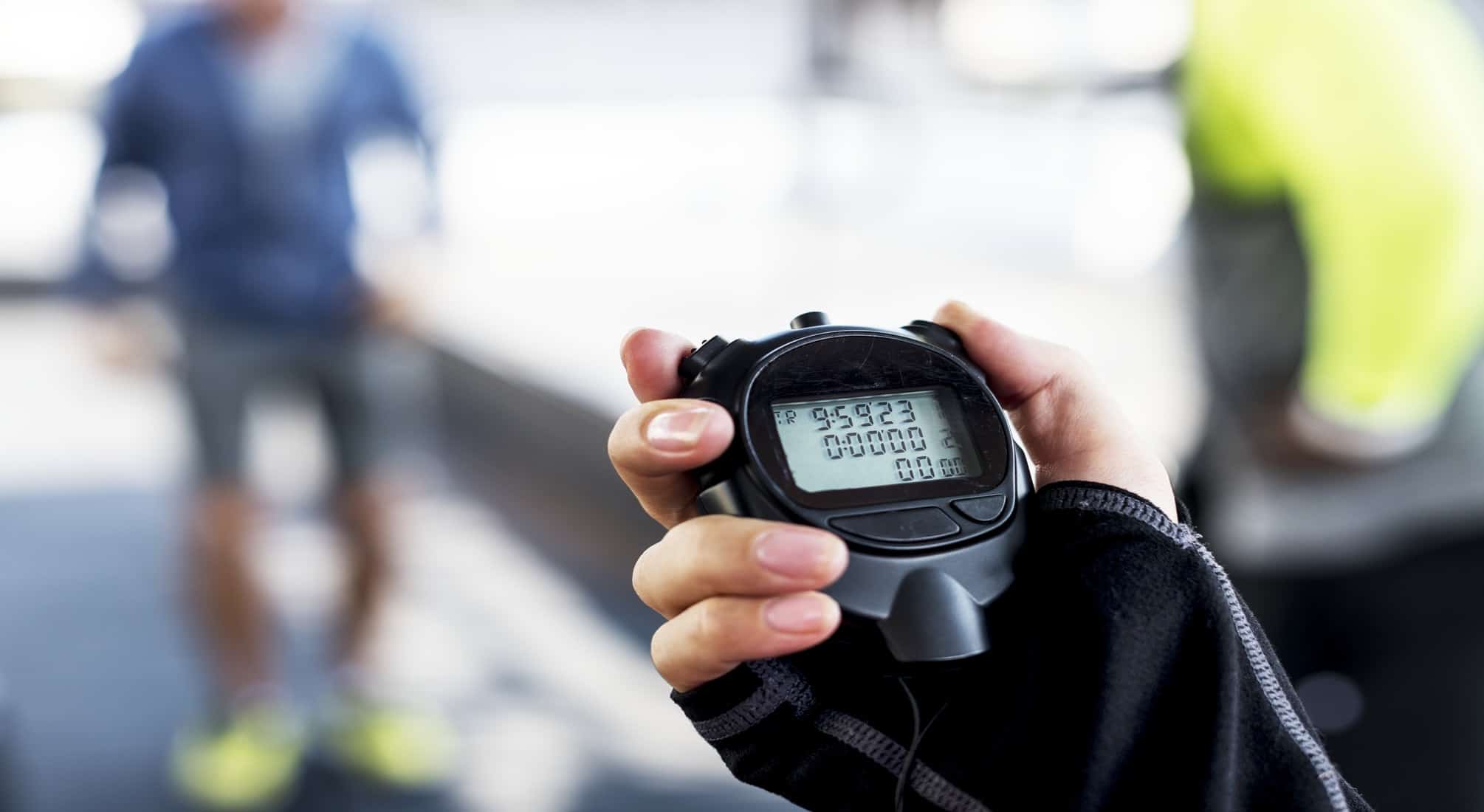
It is vital to estimate your finishing time for the half-marathon race beforehand as this really helps you to pace yourself properly. The estimation also sets as a measurable target and expectation for you to plan your training accordingly.
However, it is well-known that predicting the finishing time for a long event like the half-marathon is not an easy feat. There are various unpredictable factors that can actually influence your performance during the race such as race condition and environment, physical or psychological health of competitors, weather conditions, your health situation on the racing day and so on.
Despite that, there are various easy formulas and calculations developed and used by many runners for their reference and setting as a benchmark for themselves. Some researchers suggest the following equations to estimate your own race time with the utilization of body fat index:
For men, half-marathon race time (min) can be predicted by this equation: {142.7 + 1.158 × body fat percentage} – {5.223 × running speed during training session (km/h)}.
For women, half-marathon race time (min) can be predicted by this equation: {168.7 + 1.077 × body fat percentage} – {7.556 × running speed during training session (km/h)}.
Aside from the easy formulas mentioned above, runners also make good use of the race time prediction calculators or charts that provide the finishing time data of participants from recent races to estimate their finishing time. Having known your estimated finishing time, you may further use a half-marathon pace calculator to determine the average half-marathon pace needed.
HEALTH BENEFITS OF TRAINING FOR A HALF MARATHON
Half-marathon is considered both a physical and leisure activity at the same time. The involvement in this long-distance race does not require special equipment and skills. The following explains numerous health benefits that can be achieved from practicing and training for a half- marathon:
1. Cardiovascular Benefits
Training for a half-marathon strengthens your cardiovascular function by increasing your cardiac output and VO2 max (aerobic capacity) as your run regularly during your practice. This also helps keep your blood pressure and cholesterol at a healthy level.
In addition, studies also support that running and practicing nearly every day is associated with a reduced risk of death from cardiovascular disease such as stroke, hypertension or coronary heart disease.
2. Metabolic Benefits
Running and practicing for a half-marathon also helps you burn excess kilocalories. As a result, you can easily maintain a normal body weight. In addition, involving in long distance running decreases your waist girth, promotes higher insulin sensitivity and fosters a favorable plasma lipoprotein profile. All these significantly contribute to the reduced risk of type 2 diabetes, obesity, hyperlipidemia and cancer.
3. Musculoskeletal Benefits
Practicing for half-marathon on a long run involves weight-bearing exercise that works your muscles and bones against gravity which fosters the building of muscle mass as well as enhancing bone density. This helps reduce your risks of developing sarcopenia, frailty and osteoporosis.
IMPROVING YOUR AVERAGE MARATHON TIME

Having mentioned all the health benefits of preparing and participating in a half-marathon as well as the average marathon time for runners, at this point, you might be wondering if there are any certain strategies or tips to improve your performance.
Frankly speaking, improving your half-marathon pace is highly associated with your stamina rather than speed. Below are some guidelines and tips you may follow to better prepare and improve your average marathon time.
1. Vary Your Workouts
Getting fully prepared for your race is very important and it really includes more than just a simple running routine. Apart from following the half-marathon training plan, you should also include various moderate aerobic activities in your training, such as aquatic aerobic activities, brisk walking or even cycling to avoid monotony, increase motivation and rehabilitate your injuries.
2. Build Strength and Endurance
Developing a greater muscular potential like strength and power facilitates the effectiveness of your training. Apart from practicing running, you should also involve in bodyweight training, weightlifting, and resistance band exercises to build up your strength and muscles.
There are also some aerobic activities that you may practice to increase strength like dancing, circuit training or even martial arts. Incorporating yoga, Pilates, gentle stretching or tai chi is also beneficial as these activities increase your flexibility. As a result, improving your muscular strength and endurance.
Make sure you introduce one full day of rest every week for recovery and physiological adaptation.
3. Measure Your Progress
Needless to say, one of the best strategies to evaluate your progress is by recording and monitoring your progress. As the maxim goes “If you can’t measure it, you can’t improve it.” As such, you should note down your performance in daily training activities as well as your running time. You can thus further modify and adjust your training plan or goals accordingly.
Furthermore, getting feedback from your personal trainer regarding your performance is of extreme importance as well. Don’t hesitate to reach out to your doctor or trainer regarding your diet plan, fitness or training plan. Never make any significant lifestyle or diet changes without consulting your healthcare professional.
4. Practice Together
Being with others while practicing physical activities can improve your mental, social and physical functions. It also helps build social connectedness, fosters mutual support, motivation as well as positive behavior. You may also get to improve your performance through having the mutual sharing of feedback and tips. Ultimately, improve your training performance as well as bring positive changes.
5. Integrate Mindfulness and Relaxation
The importance of being mindful and staying relaxed during the whole course of your training can’t be stressed enough. This improves your overall performance. You may simply set aside a certain time of the day for progressive muscular relaxation techniques, practicing meditation, yoga or so on, this facilitates the relaxation of your body and improves your sleep quality as well.
Having a relaxed bath, a massage or getting acupuncture are also some great ways to decrease muscle tension and improve your heart rate. Remember to check on with your healthcare professional regarding your health situation before making any significant changes.
6. Keep a Healthy Body Weight and Eat Well
Another tip for increasing your quality and training performance is to maintain a healthy body weight. If you have an excessive body weight, then you have to act and move now!
If you’ve an adequate and normal body weight, it is relatively easier to carry your body while running.
Eating adequate, nutritious food and having a balanced diet contribute to your healthy body weight. Make sure you follow a healthy proper diet all along. Don’t forget to stay hydrated and vary your meals with healthy fats and lean protein. Besides, eat complex carbs and avoid processed sugary food.
Eat well! Stay hydrated! Maintain a healthy weight! That’s all about it.
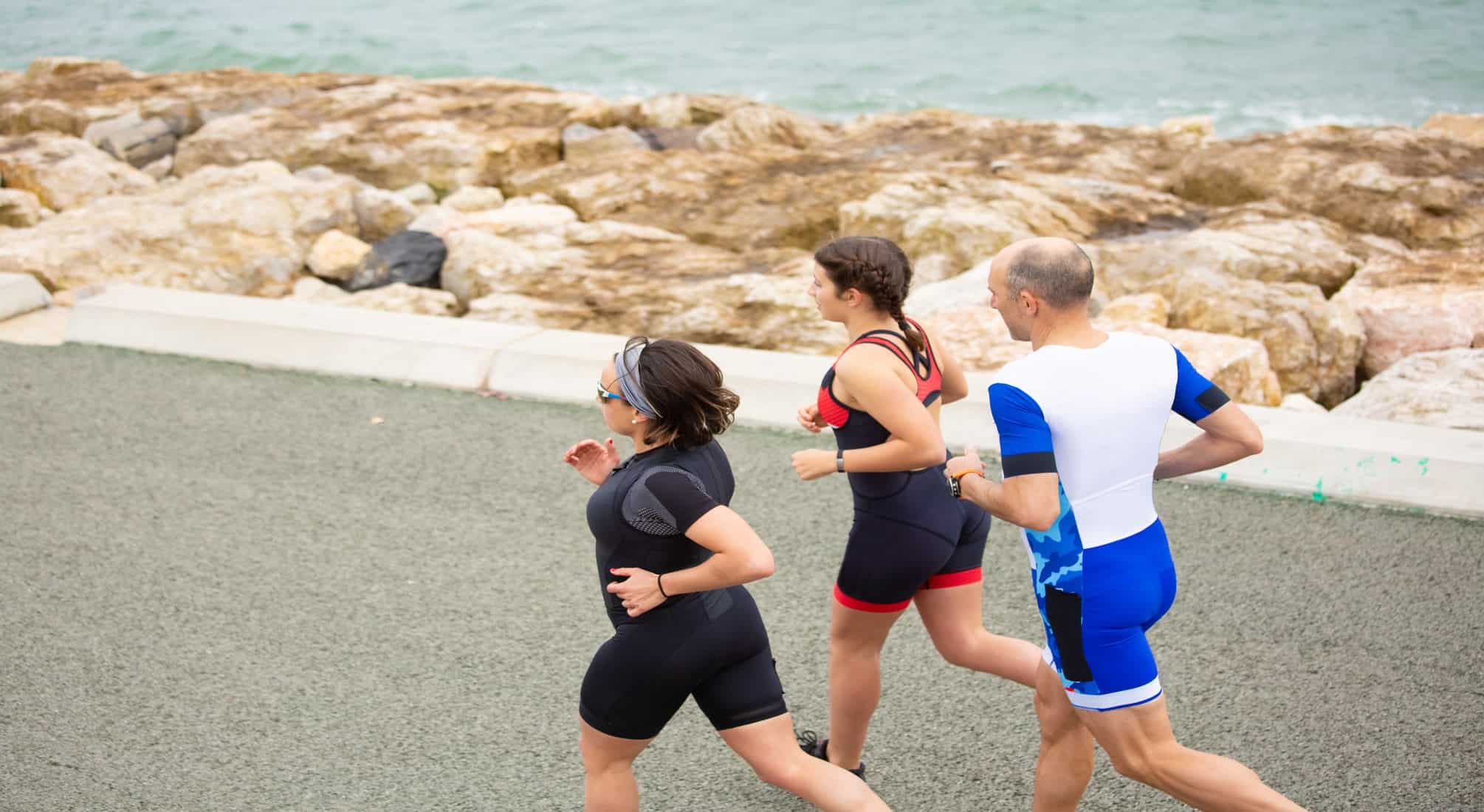
All in all, your direction should be improving your fitness and physical qualities during your practice and training in order to finish off the race in the shortest amount of time with the use of proper techniques and running form. You should also be mentally prepared as well as build your endurance to run the distance of a half-marathon.
No worry and pressure at all! Half-marathon has been a popular physical activity that has grown significantly in the last decade. Apart from actively training and participating in it, remember to enjoy the whole process. Live the moments and create life-long memories.
What are you still waiting for? Push your limits, step out of your comfort zone and just do it!
KEY TAKEAWAYS
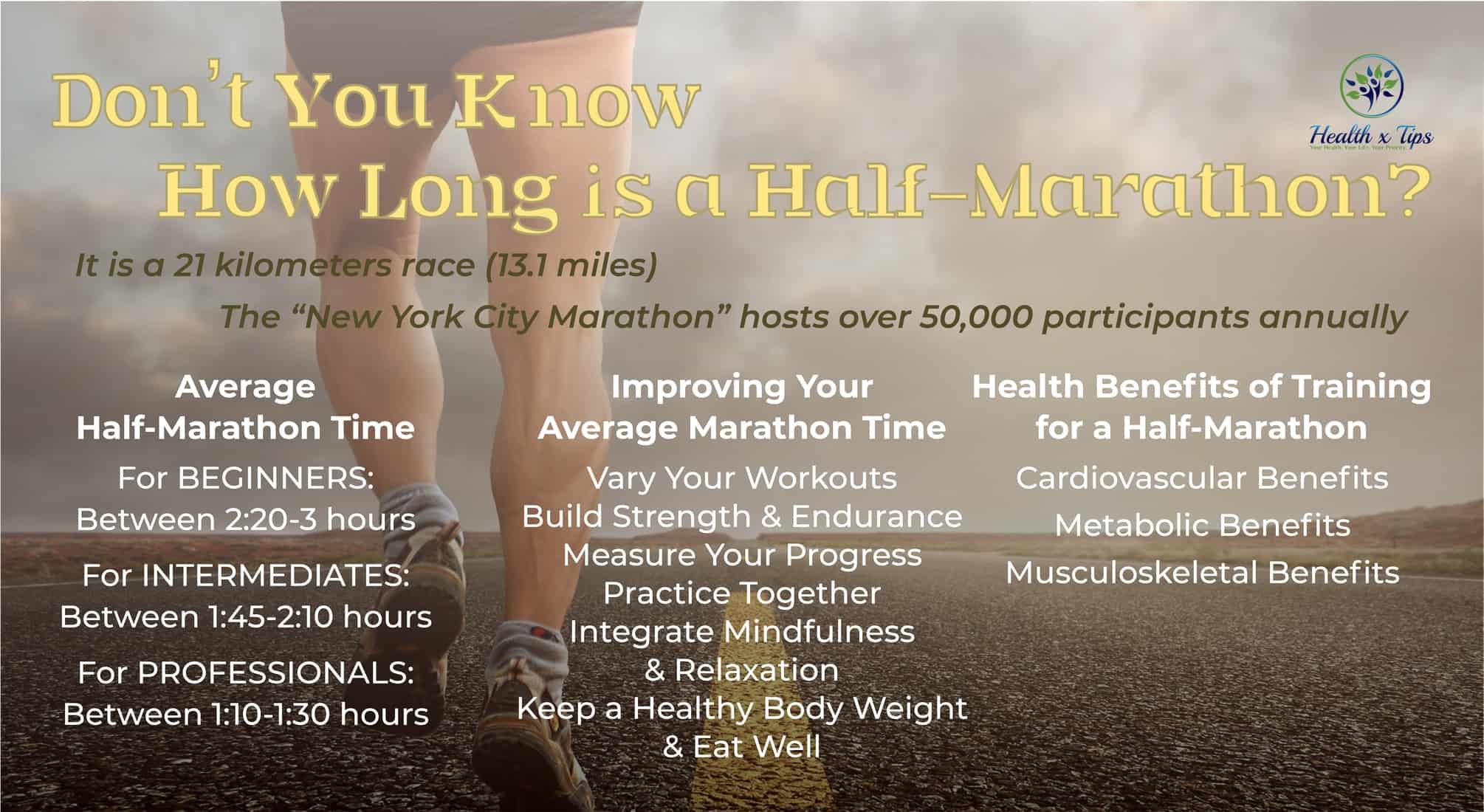


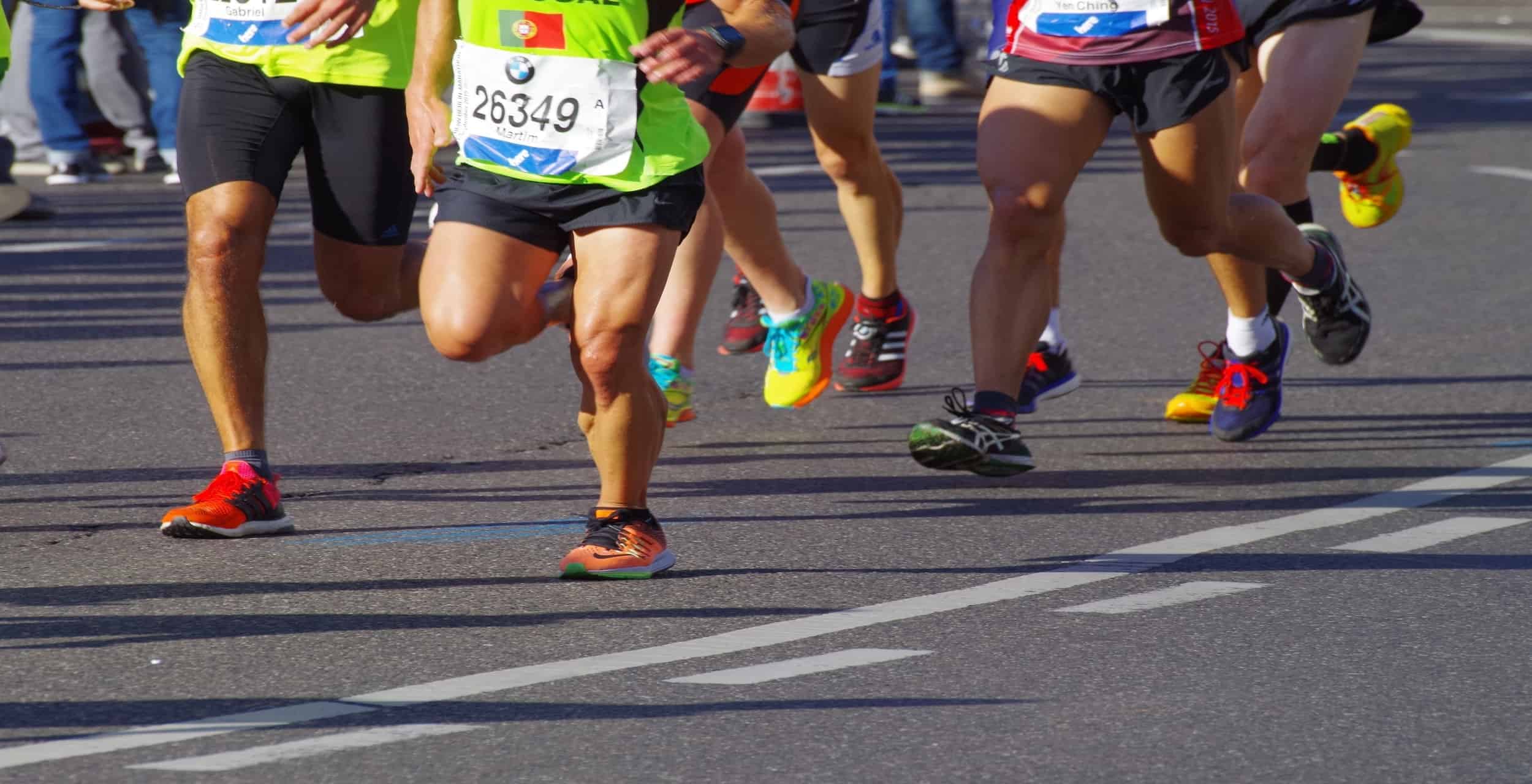


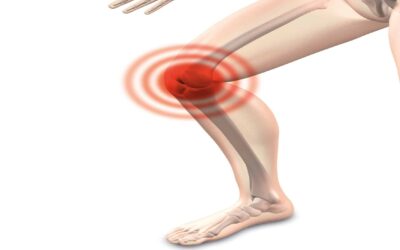


0 Comments